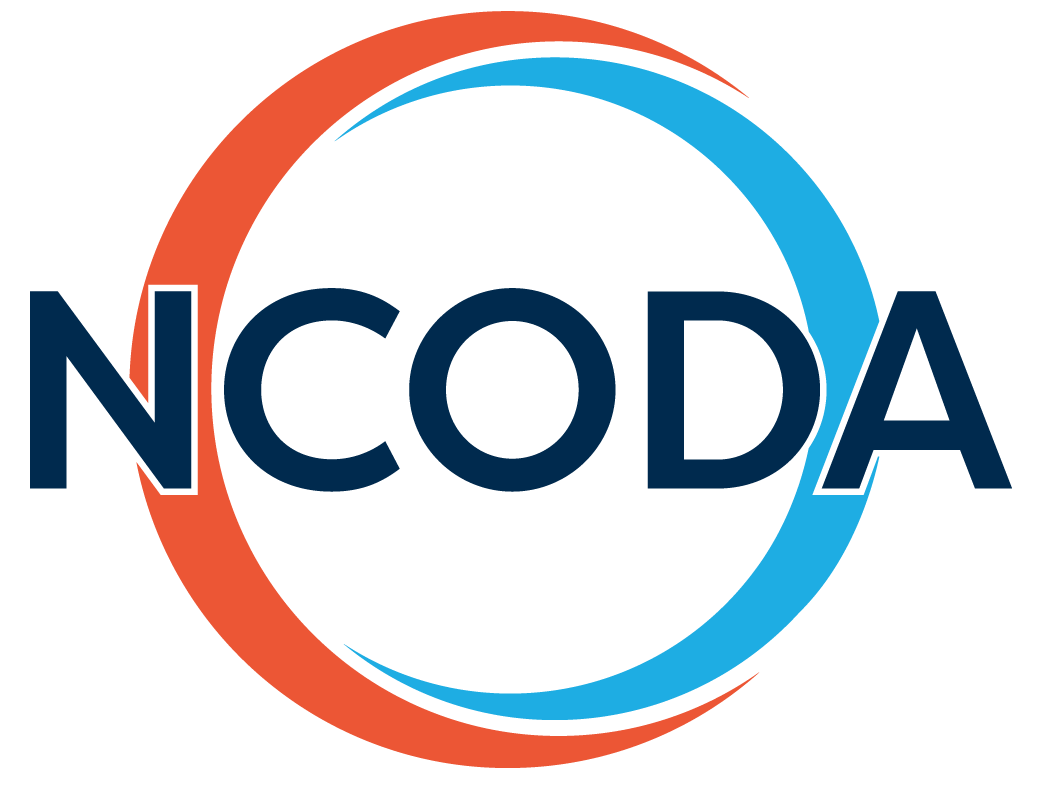2026 International Spring Forum
April 15, 2026 | 12:00 PM EST
Best Practices for Patient Management in Veteran Health
Published Date: September 1, 2025
Share

Cancer care within the Veterans Health Administration (VHA) is shaped by a unique patient population that requires integrated, evidence-based approaches. Veterans often have complex health histories, mental health concerns, and social barriers to care. These challenges demand not only medical expertise, but also a system of care that acknowledges the lived experiences and sacrifices of those who served.
Across the VHA system, oncology teams are tasked with balancing cutting-edge cancer treatment with a commitment to whole-person care. This includes medication safety, mental health support, financial navigation, and survivorship planning. By aligning with initiatives such as the VA National Oncology Program, providers can deliver care that is clinically sound while ensuring veterans feel seen, supported, and valued throughout their treatment journey.
Comprehensive Medication Management
Medication safety is a cornerstone of high-quality oncology care, particularly for veterans who often manage multiple chronic conditions. Managing multiple prescriptions, particularly when cancer therapies are combined with supportive care medications, can increase the risk of adverse interactions or reduced adherence. The VA emphasizes the importance of medication reconciliation at every care transition, as outlined in VHA Directive 1345: Medication Reconciliation. Consistent medication review ensures therapies are optimized, unnecessary medications are discontinued, and veterans receive the safest and most effective treatment regimens possible.
Multidisciplinary Communication and Care Coordination
Cancer care for veterans requires seamless communication among oncology providers, pharmacists, primary care teams, and mental health professionals. The VA National Oncology Program underscores the importance of integrated care through initiatives such as National TeleOncology, which expands access to specialists regardless of geographic location. Coordinated care reduces duplication of testing, prevents treatment delays, and builds trust between patients and providers. Establishing standardized communication processes is vital to ensuring veterans experience continuity and quality across the healthcare system.
Mental Health and Psychosocial Integration
Mental health is inseparable from effective cancer care, especially within the veteran population where conditions such as PTSD, depression, and anxiety are prevalent. Integrating routine mental health screenings into oncology visits can identify issues early and improve adherence to cancer therapy. The VA/DoD Clinical Practice Guideline for PTSD and the Suicide Risk CPG provide evidence-based recommendations for screening and intervention. By embedding psychosocial support into oncology care, teams can help veterans manage the emotional and psychological impact of cancer while strengthening overall treatment outcomes.
Financial Navigation and Logistical Support
Non-medical barriers often affect a veteran’s ability to remain engaged in care. Challenges such as transportation difficulties, navigating complex benefit systems, or managing housing insecurity can interfere with treatment adherence. The VA’s Veterans Transportation Service (VTS) and Beneficiary Travel Program are designed to help veterans access care, but proactive support from oncology teams is essential to ensure these resources are fully utilized. Social workers and financial navigators play a critical role in reducing the burden on veterans, allowing them to focus on their treatment and recovery.
Veteran-Centered Education and Empowerment
Veterans benefit most when they are engaged and informed about their treatment. Education should be tailored to their unique needs, using clear language and supportive tools that empower them to actively participate in decision-making. The VA Office of Patient Centered Care and Cultural Transformation promotes whole-health approaches that integrate self-care planning and patient empowerment. By providing accessible education and encouraging peer support, oncology teams can enhance adherence, improve communication, and strengthen veterans’ confidence in their care journey.
Survivorship and Long-Term Monitoring
Transitioning from active treatment to survivorship is a pivotal time for veterans, who may continue to face health challenges related to both cancer and service. Survivorship care should include long-term monitoring, management of late effects, and strategies to maintain quality of life. The VA National Oncology Program Survivorship Fact Sheet highlights how structured follow-up and supportive services help veterans remain engaged in their care and supported well beyond active treatment.
Veterans deserve cancer care that honors their service, addresses their unique needs, and reflects the highest standards of clinical guidance. By focusing on medication management, coordinated communication, psychosocial support, logistical assistance, patient education, and survivorship planning, oncology teams can provide care that is both clinically effective and truly veteran-centered.
NCODA supports this mission by advancing patient education and practice resources, with the NCODA Veterans Care page serving as a comprehensive hub where providers can access and share valuable tools with their patients. Supporting veterans means building a system that listens, adapts, and responds with compassion—ensuring every veteran receives the dignified, patient-centered oncology care they deserve.
Visit the NCODA Veteran Care Resource page to learn more and access resources that are helpful to veteran cancer patients.







